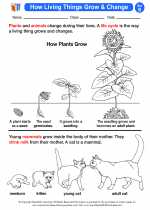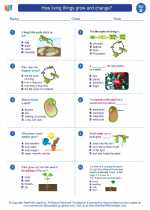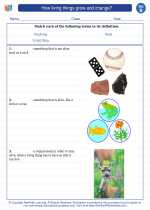What is Boyle's Law?
Boyle's Law is a fundamental principle in physics and chemistry that describes the relationship between the pressure and volume of a gas at constant temperature.
The Formula
The mathematical expression of Boyle's Law is:
P1V1 = P2V2
Where:
Understanding the Relationship
Boyle's Law shows that as the volume of a gas increases, the pressure of the gas decreases, and vice versa, when the temperature is kept constant. This relationship is due to the behavior of gas particles and their interactions with the walls of the container.
Real-life Applications
Understanding Boyle's Law is important in various real-life scenarios, such as scuba diving, where changes in pressure affect the volume of air in a diver's tank. It is also crucial in understanding the functioning of respiratory systems and in the design of air compressors and pressure regulators.
Conclusion
Boyle's Law is a vital concept in the study of gases and their behavior. It helps us understand the relationship between pressure and volume in a confined space, and its applications are widespread in various fields of science and engineering.
[Boyle's Law] Related Worksheets and Study Guides:
.◂Science Worksheets and Study Guides Second Grade. How living things grow and change?

 Activity Lesson
Activity Lesson
 Worksheet/Answer key
Worksheet/Answer key
 Worksheet/Answer key
Worksheet/Answer key
 Worksheet/Answer key
Worksheet/Answer key
 Worksheet/Answer key
Worksheet/Answer key
 Vocabulary/Answer key
Vocabulary/Answer key
